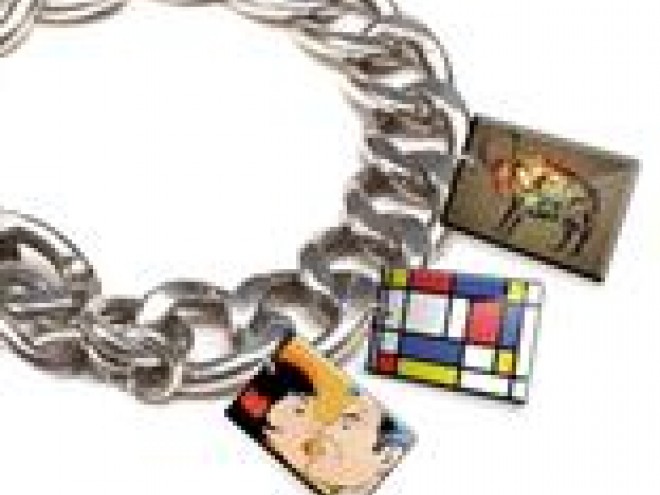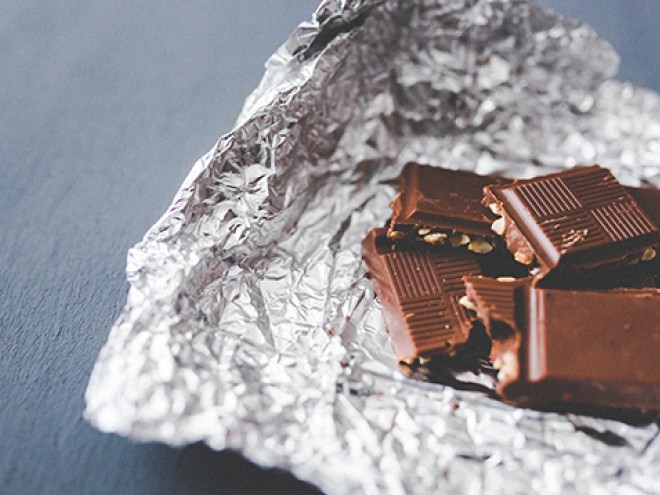In the opening of Howard Jacobson’s superb novel, Kalooki Nights, the narrator, Max Glickman, reunites with his childhood friend, Manny, who has committed a terrible crime. What follows is not just a heartbreaking investigation into Manny’s illicit act, but also the story of their shared childhood, growing up in a British suburb in the 1940’s. Political debate, discussions about Jewishness, and card-playing were at the center of Max’s family life, which includes a memorable cast of characters coming in and out of the Glickman home, while Manny grew up as an Orthodox Jew in a strict household. The common thread that connected the boys had always been their love for Jewish history. Years later when they meet again, Manny and Max are still consumed by considerations of Jewish identity, and Jacobson continues to explore how different domestic upbringings helped to inform their futures.
As a cartoonist who dramatizes events from Jewish history (his opus is entitled Five Thousand Years of Bitterness), Max employs a melancholic sense of humor in his work. To some extent, Jacobson is surely playing with his own reputation as, first and foremost, a comic novelist. Yet many of the other characters have relevant and philosophical things to say as well, and Jacobson juxtaposes the comedic and the profound with ease. Chapter epigraphs include quotes from Rembrandt to Groucho Marx, and Wittgenstein to Jerry Siegel (co-creator of Superman). Although consistently and boisterously entertaining, this novel is not merely a romp through a recollected past; through Max’s insights on cartooning, and his investigation into Manny’s crime, questions of Jewish identity and the legacy of the Holocaust persist.




